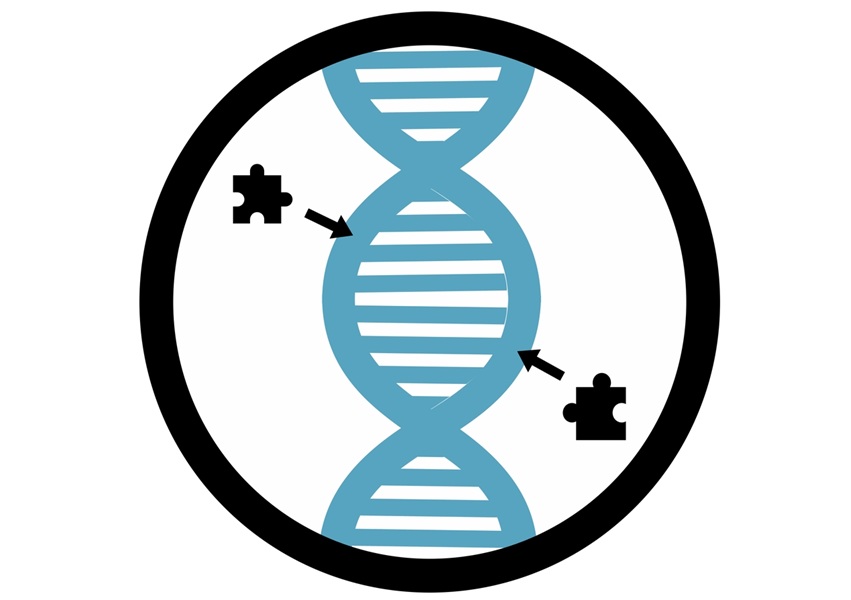Urine Test for Bladder Cancer Could Reduce Need for Invasive Cystoscopies
Posted on 26 Apr 2022
Each year, over 300,000 cystoscopies are carried out in the UK, however, around 80% of patients with haematuria who’ve had cystoscopy are found to have no cancers or abnormalities. Now, a new urine test that can be conducted in the haematuria clinic could reduce the number of patients requiring a cystoscopy by at least 45%.
Researchers at the University of Birmingham (Birmingham, UK) have developed a new urine test for bladder cancer that could reduce the need for invasive and time-consuming diagnostic procedures. The test will use highly sensitive liquid biopsy technology to detect the presence of bladder cancer by finding DNA from tumor cells present in the urine. The biomarker panel, which consists of 443 genetic mutations that are common in bladder cancer has been validated in a deep sequencing study.

In this study, which was funded by Cancer Research UK and the Medical Research Council, the researchers used the test to analyze urine from 165 people with bladder cancer that had experienced haematuria (blood in the urine), and successfully detected the disease in 144 of them (87%). The researchers also looked at using the test in 293 patients who had already been treated for bladder cancer and were being monitored for the cancer returning. In this setting, the test returned a higher proportion of false positive results compared to when used in the haematuria clinic (37.5% vs. 15.2%), with 99 positive urine tests without a tumor being seen by cystoscopy on the same day.
However, during their follow up monitoring, the patients who had those positive results had almost 3-times higher (11% vs. 4%) rates of the cancer returning within 24 months indicating that the test could help detect recurrent disease before it is visible by cystoscopy (the camera inspection of the bladder). Further research is needed for the test to be used for surveillance. The researchers are working to turn their approach into a clinical test for patients, and will start a clinical study involving over 3,000 patients to evaluate just how powerful the test is at reducing the number of cystoscopies.
“Even though cystoscopy is good at detecting bladder cancer, it’s invasive and time consuming for patients, so we need a better way to diagnose patients,” said lead researcher Mr. Richard Bryan. “In the future our test could be an easier way to get people with bladder cancer diagnosed faster, and could mean that tens of thousands of cystoscopies on healthy patients can be avoided each year.”
“These findings show that this urine test could help diagnose bladder cancer more easily,” added Iain Foulkes, Executive Director of Research and Innovation at Cancer Research UK. “Early detection of cancer is key for improving patient outcomes and research like this could help identify the patients that need treatment soonest, while easing the pressures of diagnostic procedures on the NHS. We look forward to seeing how the test performs in the next clinical trial.”
Related Links:
University of Birmingham













